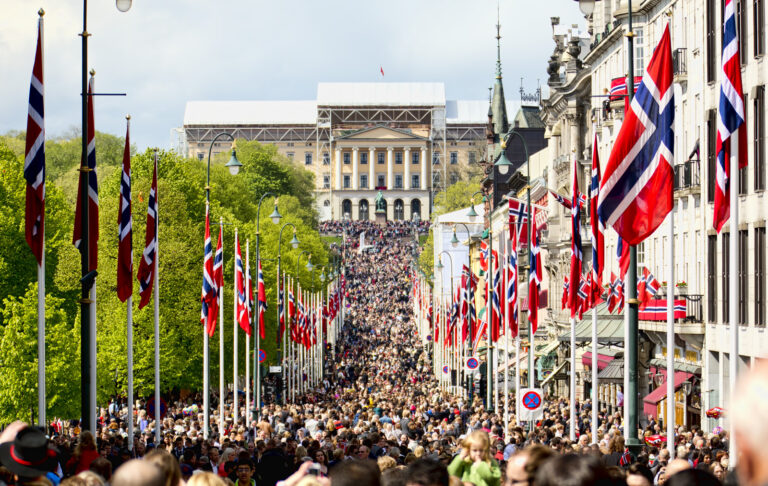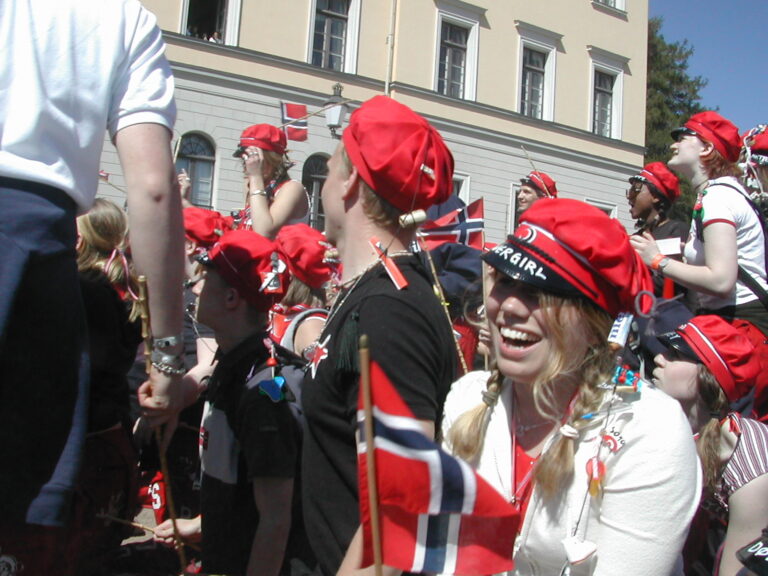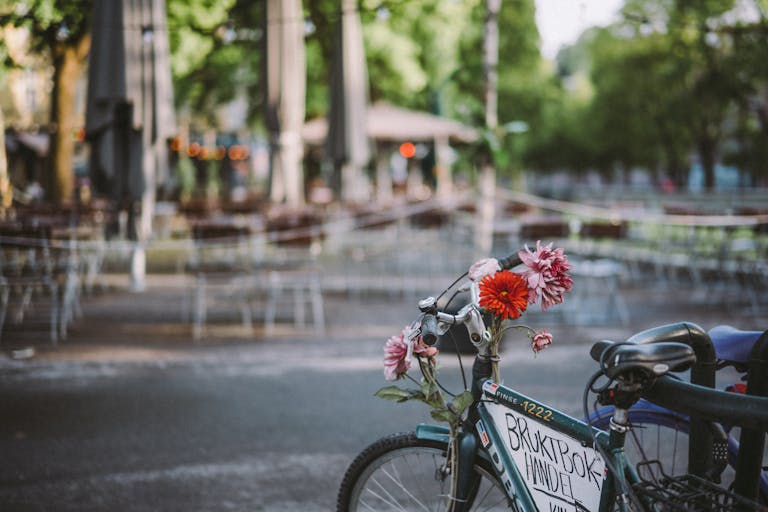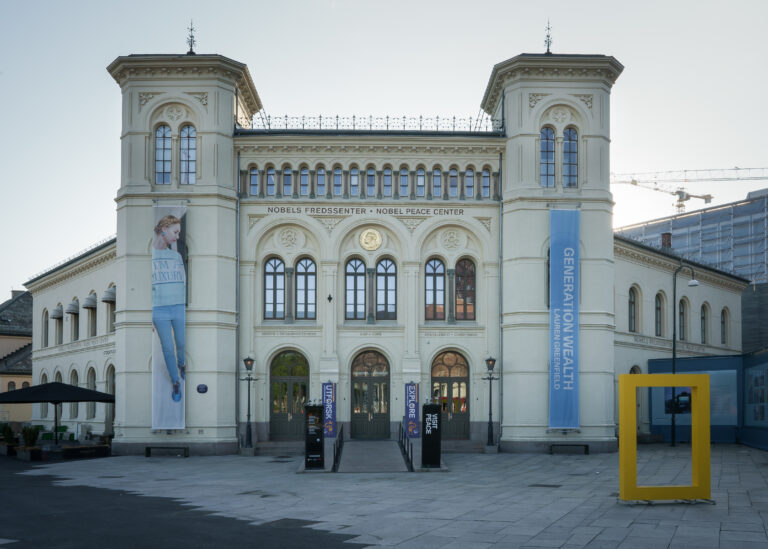Dugnad is a deeply rooted Norwegian tradition of communal work, where members of a community come together to complete a shared task for the common good. These events can include neighborhood clean-ups, maintenance of shared spaces, fundraising efforts, and other projects that benefit a group, organization, or society at large. Though participation is technically voluntary, there is a strong cultural expectation that people will contribute. Dugnad is not just about getting work done—it’s a reflection of Norway’s collectivist spirit, social cohesion, and egalitarian values.
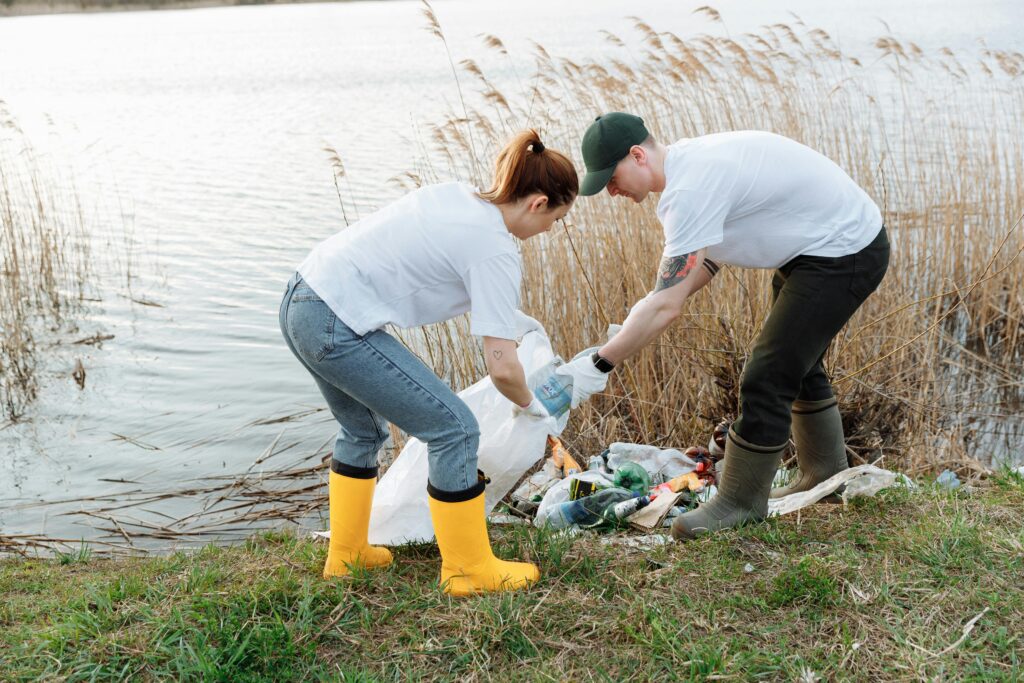
The History of Dugnad
The origins of dugnad date back centuries, when rural Norwegian communities depended on collective labor to survive. According to Oslo Kommune, the term came from “Old Norse dugnaðr meaning ‘help, good deed, power, support.'” In small villages, neighbors would help each other with demanding tasks like building houses, harvesting crops, and clearing roads after harsh winters. This communal effort was essential in times when resources and manpower were limited. In return, those who received help would later contribute their labor to another neighbor’s project, creating a cycle of mutual support.
During the 20th century, as Norway became more urbanized and industrialized, dugnad evolved but remained an integral part of Norwegian life. Instead of agricultural work, dugnad became associated with maintaining shared apartment buildings, organizing school events, and improving sports clubs and local organizations. Today, dugnad remains an important aspect of community participation across Norway.
Dugnad in Modern Norway
Dugnad continues to play a central role in Norwegian society, often taking the form of scheduled community events. Common examples of modern dugnad include:
- Spring and Fall Cleaning in Housing Cooperatives: Many Norwegian apartment buildings (borettslag) and housing cooperatives organize dugnad events where residents clean common areas, trim hedges, or repair shared facilities. Those who do not participate may be asked to pay a fee instead.
- School and Kindergarten Dugnad: Parents of schoolchildren are often expected to help clean classrooms, paint fences, or organize fundraising events.
- Sports Clubs and Organizations: Local sports teams rely on dugnad to maintain their facilities, organize events, and raise funds. Parents of young athletes may be required to participate in dugnad activities to support their child’s team.
- Charity and Volunteer Work: Many non-profit organizations and humanitarian groups in Norway operate on the basis of dugnad, encouraging people to contribute their time for social causes.
- Festivals and Local Events: Norwegian festivals, from music events to Christmas markets, often depend on dugnad volunteers to manage logistics, clean up, and ensure smooth operations.
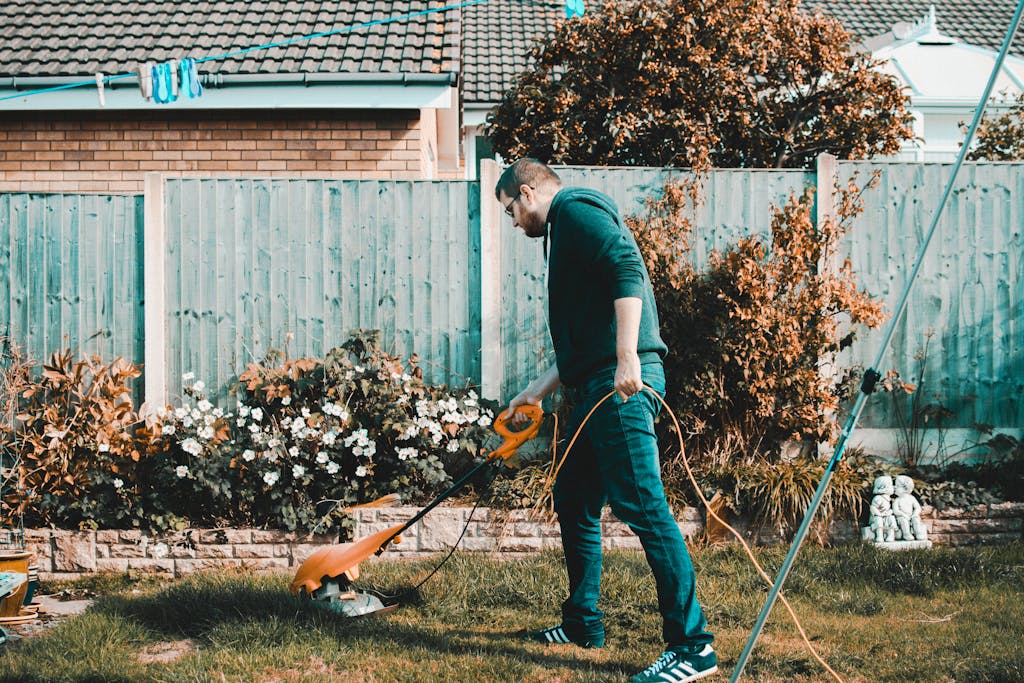
The Connection Between Dugnad and Janteloven
Dugnad is closely tied to janteloven, an informal cultural code in Norway that emphasizes humility, equality, and prioritizing the community over individual achievements. Janteloven discourages self-importance and promotes the idea that no one is better than anyone else, which aligns with the communal spirit of dugnad.
By participating in dugnad, individuals demonstrate their commitment to the collective good, reinforcing a sense of equality and shared responsibility. Opting out of dugnad may be perceived as going against the values of janteloven, as it suggests a reluctance to contribute to the community.
Social Expectations and the Unspoken Pressure of Dugnad
Although dugnad is officially voluntary, it carries strong social expectations. Norwegians generally take pride in contributing to their communities, and skipping a dugnad without a valid reason may lead to subtle social pressure. In housing cooperatives, residents who consistently avoid dugnad may face disapproval from their neighbors or be required to pay a fee.
In some cases, organizations provide alternative ways to contribute for those who are unable to attend a physical dugnad event. This might include donating money, helping with administrative tasks, or supporting in other ways.
Dugnad’s Role in Norwegian Workplaces
While dugnad is primarily associated with community efforts, its influence extends to workplaces as well. Many Norwegian companies embrace a similar collaborative spirit, encouraging teamwork and collective responsibility. Some workplaces even organize dugnad-like events, such as environmental clean-ups or charity initiatives, to foster a sense of camaraderie among employees.
Additionally, dugnad reflects Norway’s broader work culture, which values egalitarianism and cooperation over rigid hierarchies. This mindset contributes to Norway’s strong labor unions, cooperative work environments, and emphasis on work-life balance.

Prominent Examples of Dugnad in Norway
- The Norwegian Refugee Council’s Volunteer Efforts: Many Norwegians participate in dugnad to support refugees, helping with integration programs, language lessons, and employment support.
- Russ Celebration Dugnad: High school students raising funds for their graduation celebrations often engage in dugnad by organizing car washes, bake sales, or selling lottery tickets.
- National Dugnad for Crisis Relief: During national emergencies, Norwegians frequently organize dugnad initiatives to raise money and provide aid, such as during natural disasters or humanitarian crises.
A Reflection of Norwegian Values
At its core, dugnad represents Norway’s commitment to community, equality, and social responsibility. It embodies the idea that everyone should contribute to the well-being of society, reinforcing the sense of belonging and mutual care that defines Norwegian culture.
While participation in dugnad is not legally required, it remains a powerful cultural force that strengthens communities, bridges social divides, and upholds the values of cooperation and shared responsibility. Whether in a small neighborhood clean-up or a large-scale charity initiative, dugnad continues to play a vital role in shaping Norway’s social fabric.


